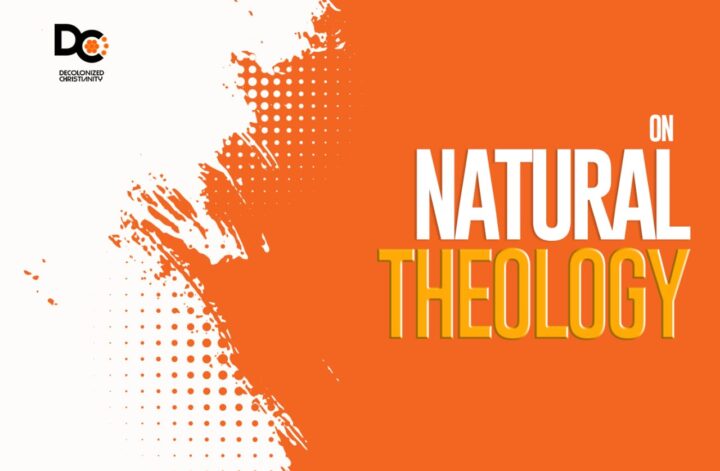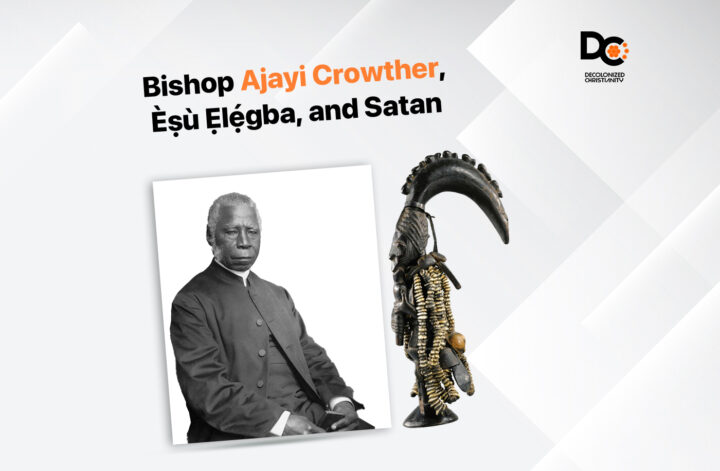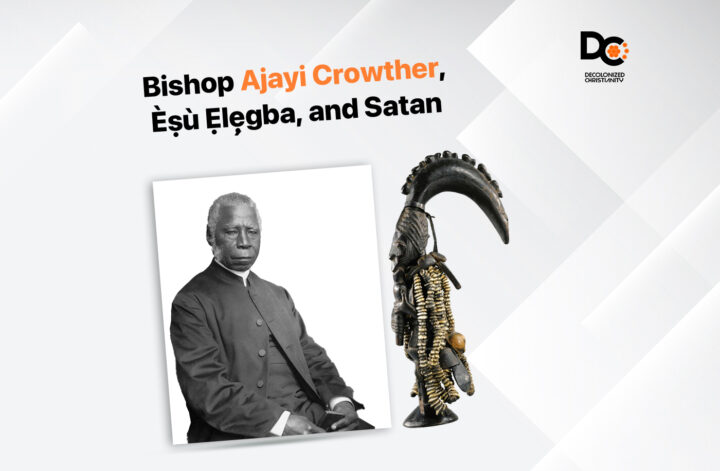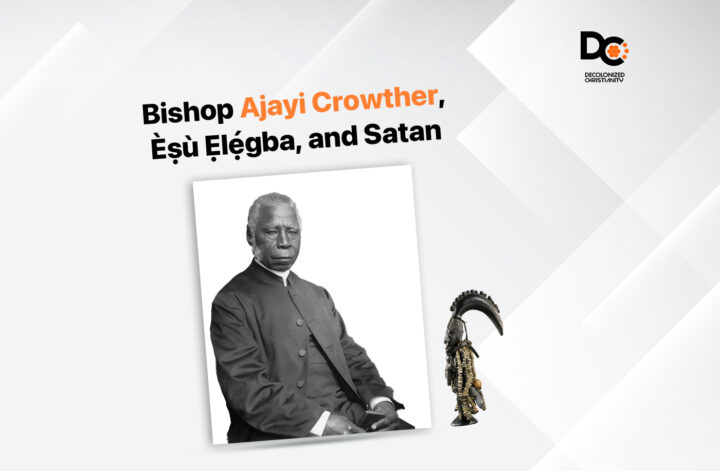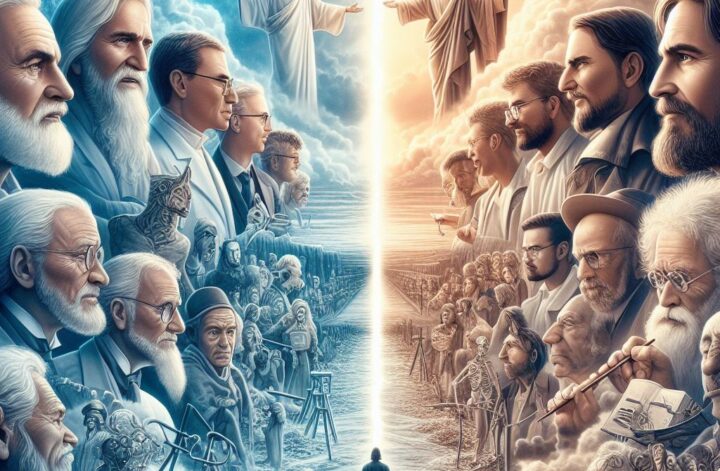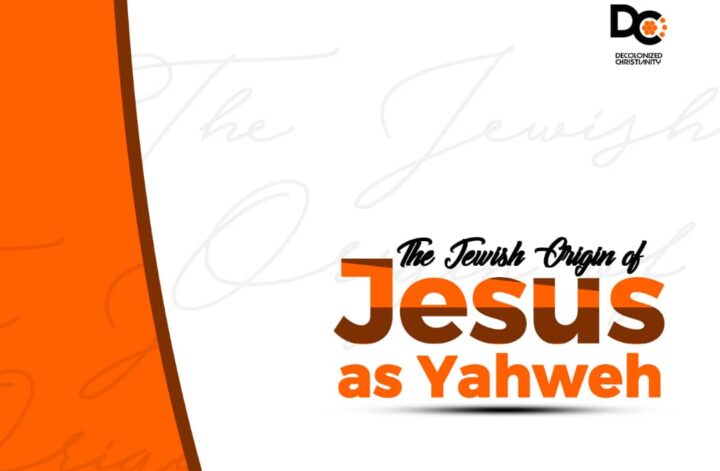Natural Theology is the branch of theology that seeks to argue for God (or theism) solely from observed facts and experiences. A natural theologian may reference the bible in her work without assuming special knowledge or revelation. She may cite a bible passage but only like any other book. It is worth reiterating that natural theology is a natural enterprise. It is a human endeavor that seeks to employ reason to argue for God’s existence. To that end, two points are worth accentuating here.
First, the arguments of natural theology are not infallible or immutable. A natural theologian does not take a theistic argument to be on the level of a divinely inspired text. Theistic arguments rely on observed facts and experiences. As facts change, relevant theistic arguments must accommodate the changes to remain valid. Indeed, original arguments, such as the Leibnizian Cosmological Argument and the Ontological Argument of Saint Anselm, might be easily refuted today without appropriate modifications. Second, an unconvinced person, theist or otherwise, may reject a theistic argument. Once again, the deliverances of natural theology do not claim divine inspiration. Besides, it is difficult to imagine how one may affirm an argument that one does not adequately understand. (Of course, one’s inability to understand an argument does not count against it.) I once had such an experience.

